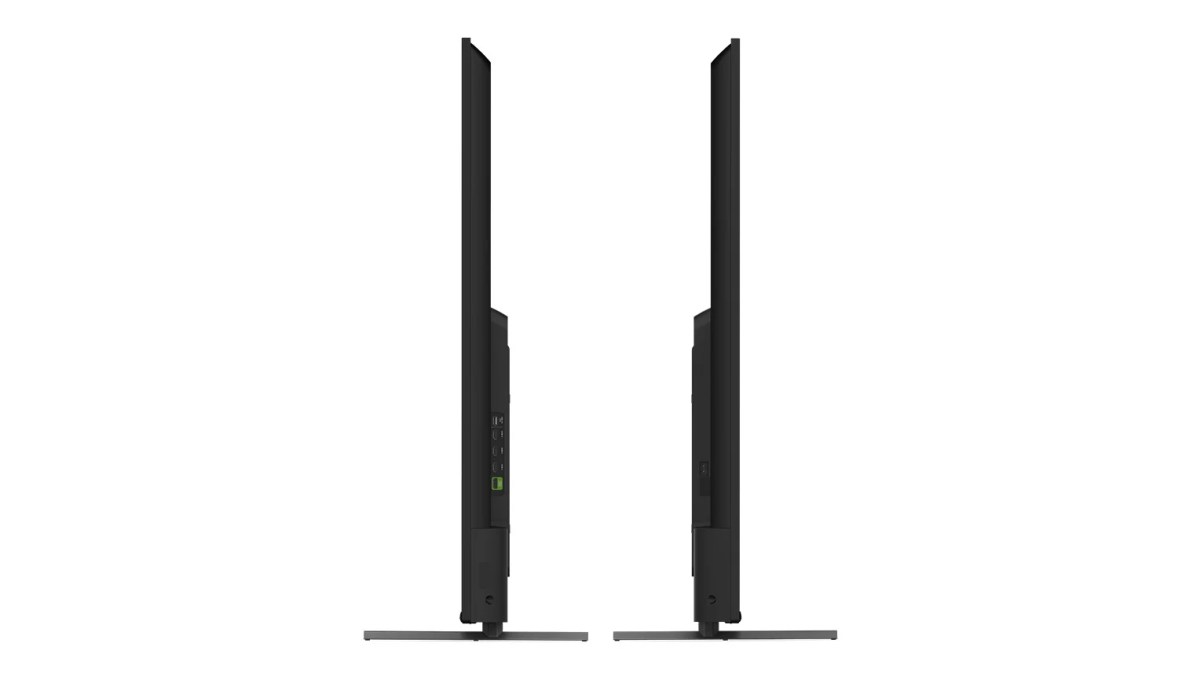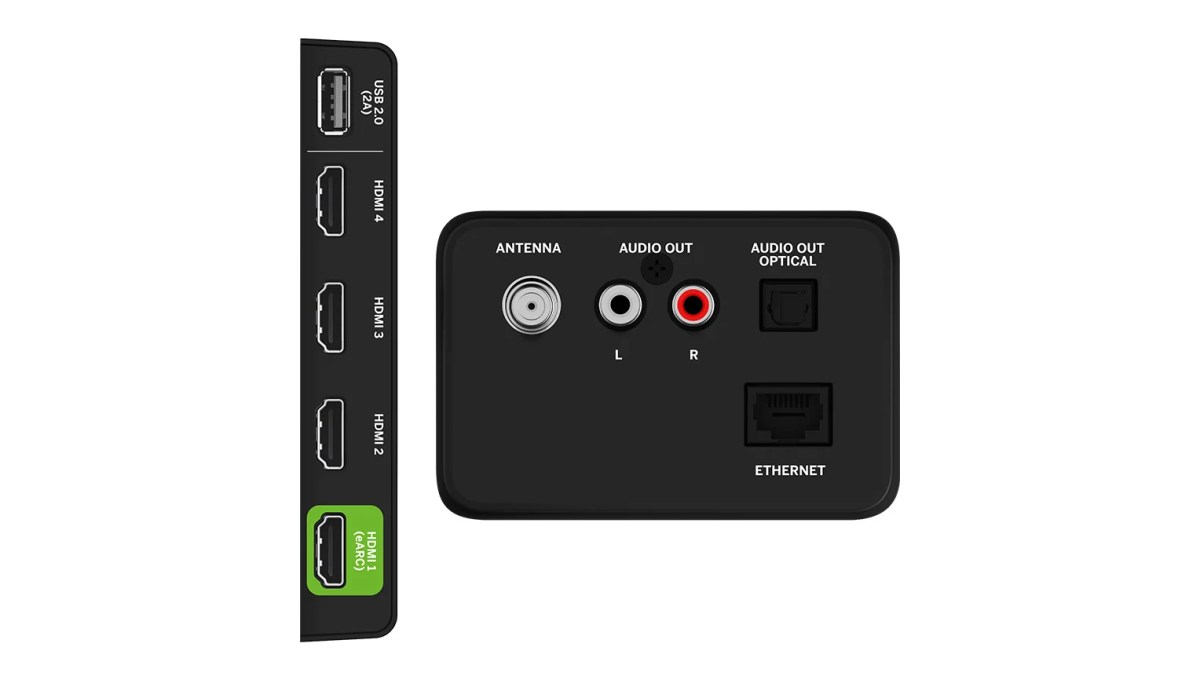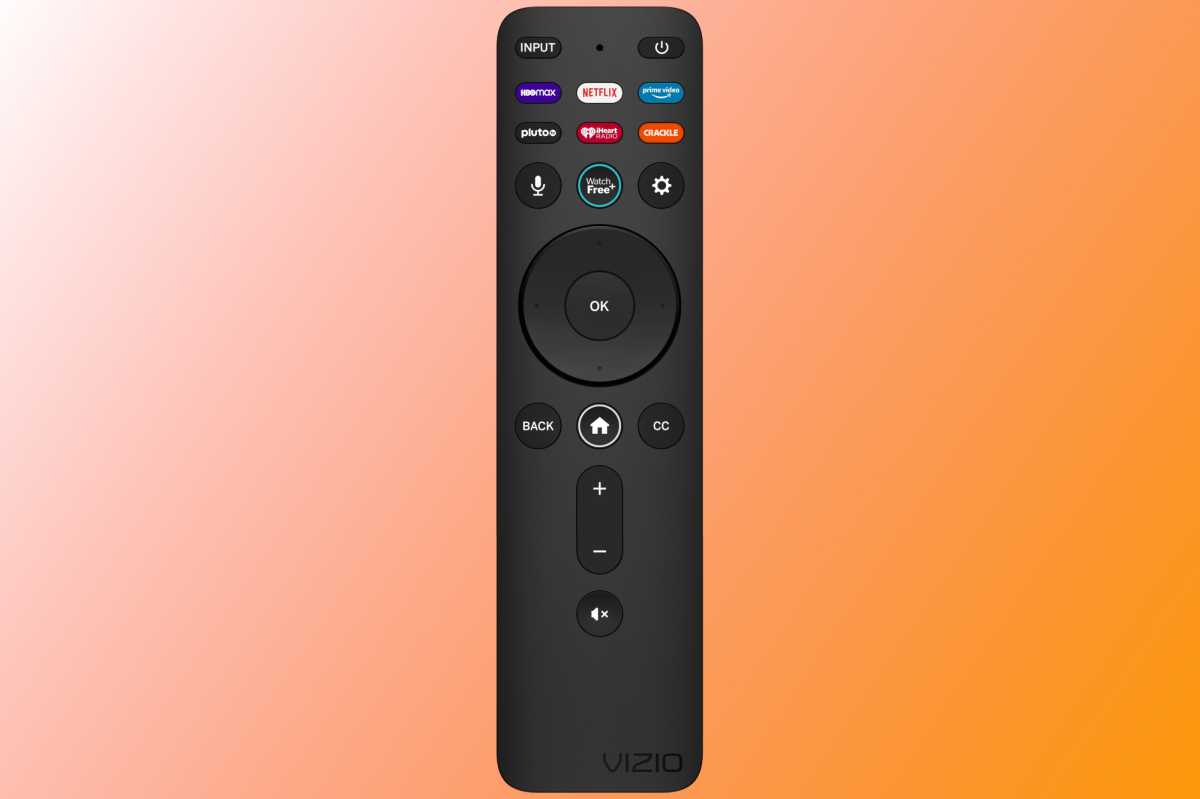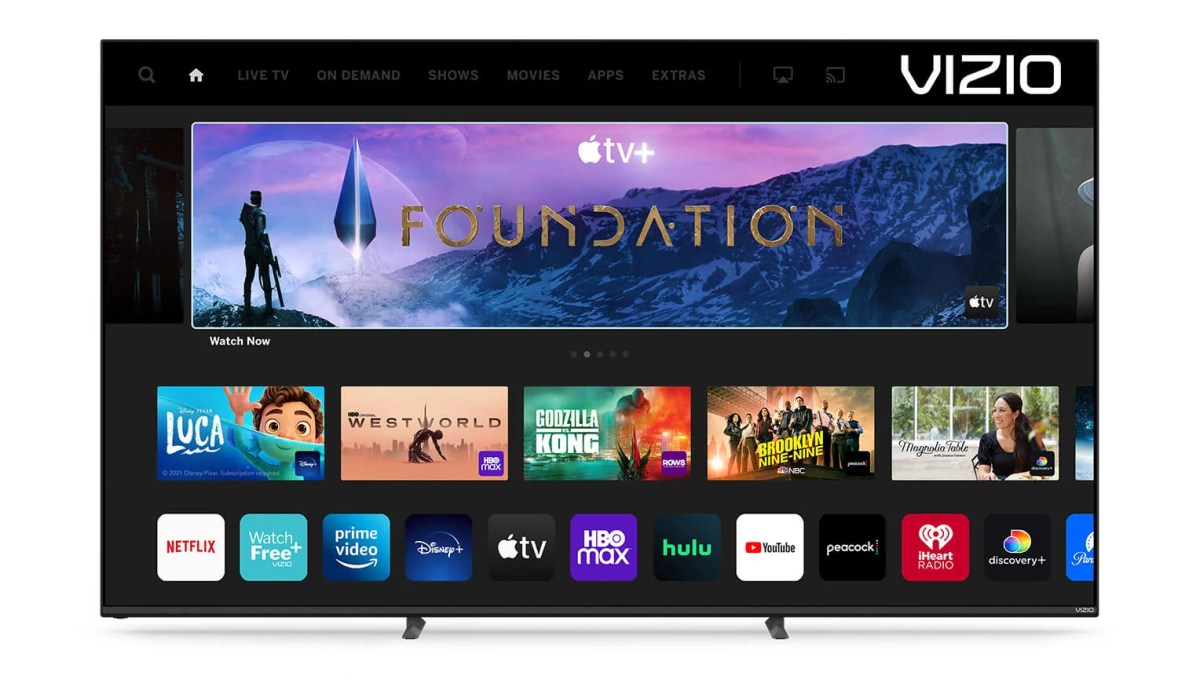Expert’s Rating
Pros
- Great quantum-dot color
- Very bright
- Affordable for its 65-inch size
- Easy-to-master user interface, with voice-enabled remote control
Cons
- Poor judder reduction
- Issues with array backlighting in dark-on-black scenes
- Thin audio reproduction
Our Verdict
Vizio’s M-Series QX quantum-dot smart TV (we reviewed the 65-inch model) is a great mid-range value with backlighting issues you might notice only with tough benchmark utilities.
Price When Reviewed
$849.99
Best Prices Today: Vizio M-series QX 4K quantum-dot TV (65-inch class, model M65QXM-K03)

$848.00

$849.99
Vizio’s M-Series QX 4K smart TV delivers excellent color and brightness, as well as good processing with everyday material. It also delivers state-of-the-art 120Hz 4K video, gaming sync, and Wi-Fi 6E connectivity. We did notice, however, some issues with the array backlighting in darker scenes. Nothing fatal there, but it was noticeable enough in some of our rigorous testing to earn comment.
This review is part of TechHive’s in-depth coverage of the best smart TVs.
Design and features
The M-Series QX–the 65-inch M65QXM-K03, in this case–is an $850, thin, mid-range set measuring 56.9 x 33.9 x 12.3 inches (WxHxD), including its stand. You can knock the depth back to a mere 2.9 inches for the electronics boot with the stand removed for wall mounting. It weighs a manageable 44.4 pounds, which shouldn’t overly stress the 400- x 200mm VESA mount point. The stand (two discrete feet) adds only a pound, so your furniture should bear up nicely as well.

Vizio provides four HDMI 2.1 ports: two of which are 4K/60Hz; one that is 4K/120Hz (for gaming); and a fourth that supports eARC (Enhanced Audio Return channel, aka HDMI audio out). Also on hand are optical S/PDIF out, analog (stereo RCA, not 3.5mm) audio output, and coax for cable/OTA signals. There’s also ethernet of course.

The state-of-the-art continues with Wi-Fi 6E connectivity, which is a boon should you be modern enough to own a Wi-Fi 6E router. Bluetooth is the almost-latest 5.2 variety. Vizio provides a setting that lets you dial out audio latency, although it will partially compensate on its own. That means you can use any Bluetooth headset (low latency or not) without dialog lag driving you crazy.
Video rendering features include VRR (variable refresh rate) and AMD FreeSync Premium for gaming, as well as both Dolby Vision and HDR10+ (HDR10 and HLG as well) for HDR content. Audio support includes DTS Virtual:X, Dolby Digital/Dolby Digital+, AC4, Dolby Atmos pass-through, DTS-HD, DTS:X and DTS:X pass-through.
Vizio’s SmartCast platform and voice remote
Vizio has gone minimalist with its remote, although thankfully, not quite to the extent that Samsung has. There are dedicated input and settings buttons that Samsung’s One Remotes lack, and they help tremendously getting you where you want to go in a hurry. Adjusting on-screen settings also require fewer clicks to achieve the desired results.

The main Vizio SmartCast interface is one of the best in the business at marrying various types of content. Said content includes the major streaming services, OTA/cable, as well as some free curated content courtesy of Vizio. (See the image in the performance section below). It’s also easy on the eyes and efficient to navigate, but you need to be connected to the internet to set it up and run it. There is a way to set up sans internet connection, but it’s not immediately intuitive.
Note that we continue to have issues getting Vizio TVs to log on to the internet. It can be very hit or miss, and it’s the only brand of TV that seemingly has issues in our test lab. If you experience anything similar, let us know.
The only interface on board I wasn’t impressed with was that of the media player used for files on the local network and USB mass media. It plays just about everything, and is relatively easy to use, but it’s strictly old-school in appearance. And when I say old-school, DOS comes to mind. Then again, pretty is as pretty does, and this player is no longer the slothful crash-fest it was a few years ago.
Vizio M-Series QX picture and sound quality
I have no complaints about the M65QXM-K03’s vivid and accurate quantum-dot color or its roughly 1,000 nits of peak brightness. These factors make for a very pleasant viewing experience under typical circumstances, and they render HDR in an impactful manner. There is also none of the weird anti-aliasing artifacts that have plagued Vizio in the past. Even moiré was minimal during pans of detailed areas.
All that said, I did encounter some minor issues: Most significant for me was the TV’s rather ineffective motion compensation. I hate jerky motion no matter how much Hollywood loves it; yet, even with the judder reduction set to 10, objects in motion didn’t slide smoothly.

The other issue was with the array backlighting in the darker portion of the spectrum. In a test with medium to dark gray blocks on a black background, many of the blocks were not visible, and those that were (barely), flickered with a vengeance.
The Spears & Munsil moving starfield didn’t appear for tens of seconds, and when it did, the stars were far dimmer than usual. I found the issues with the array backlighting puzzling, as the zone counter seemed to reveal well over 1,000 zones. That’s very granular. Mini-LED-like though that’s not advertised or claimed.
On the other hand, there was minimal blooming in the Sony Las Vegas (city of lights) night skyline contrast demo, so the array control works great with large bright objects covering multiple zones.
The TV’s audio performance was–meh. It’s listenable, and you can distinguish dialog well, but there’s no bass to speak of. The latter isn’t surprising given the TV’s thin nature. Clarity is, well, I’ve heard worse, but only in entry-level TVs. You’ll definitely want to route the sound to outboard gear or use headphones if sonic quality is important to you.
The visual glitches I’ve noted shouldn’t bite you often, if at all, and there’s a surfeit of great soundbars and headphones to dispense with my audio complaints. Overall, I’m sure you’ll be pleased with the Vizio M-Series QX’s picture. Especially given the price. We were.
Final thoughts on the Vizio M-Series QX
Based on the 65-inch M65QXM-K03 reviewed here, Vizio has a very good set of mid-range 4K smart TVs to offer–they offer serious bang for the buck. The image-processing faults we spotted are not likely to affect you, and the HDR is striking without going overboard. It’s a good-looking TV and we enjoyed our time with it (outside of those broadband-connectivity issues). We can’t say that about every TV we review in this price range.





More Stories
English Language Teaching and Learning: Creating a “Smart” Classroom
Science and Technology, IT And Space
Universal Design and Assistive Technology